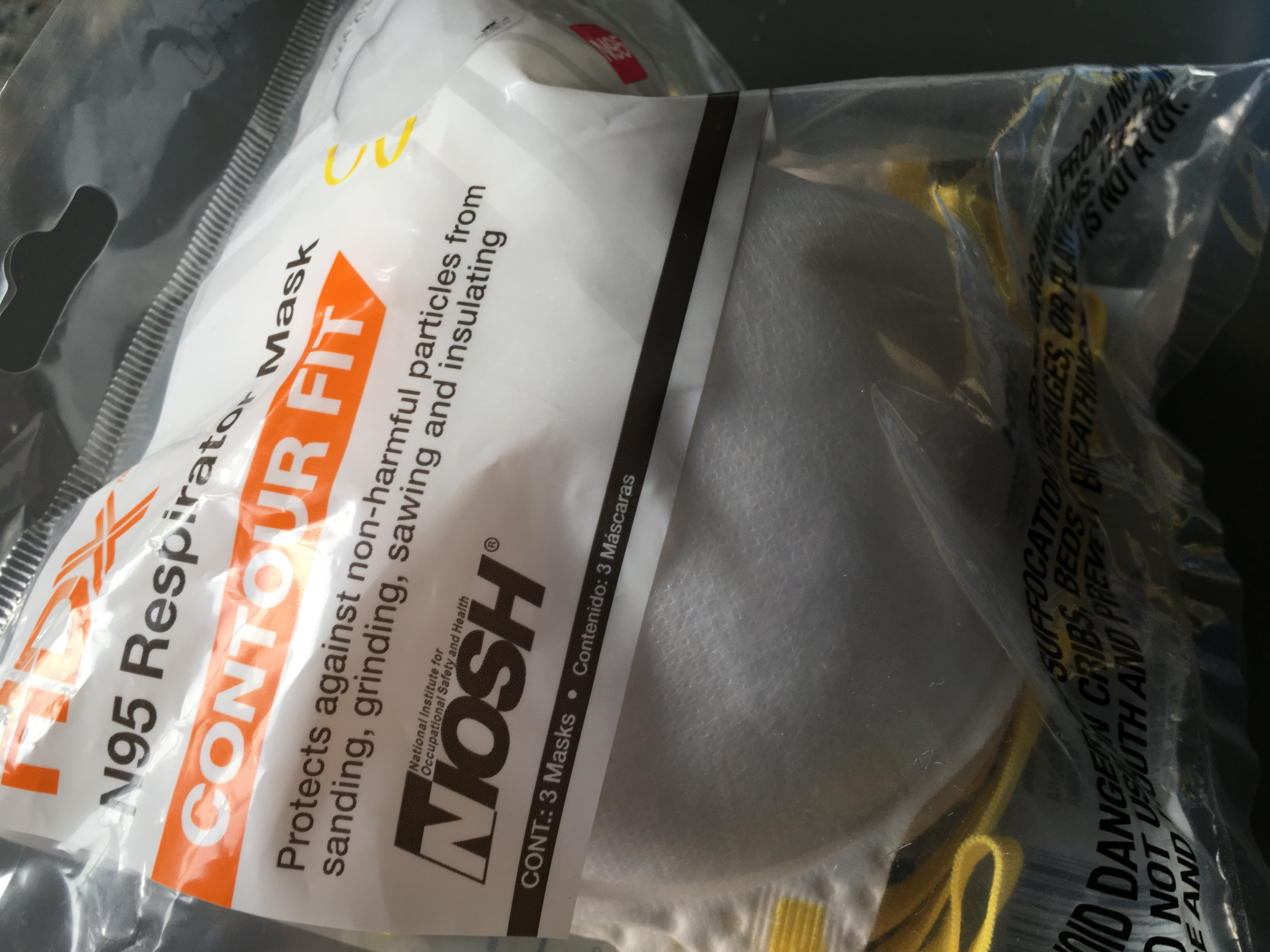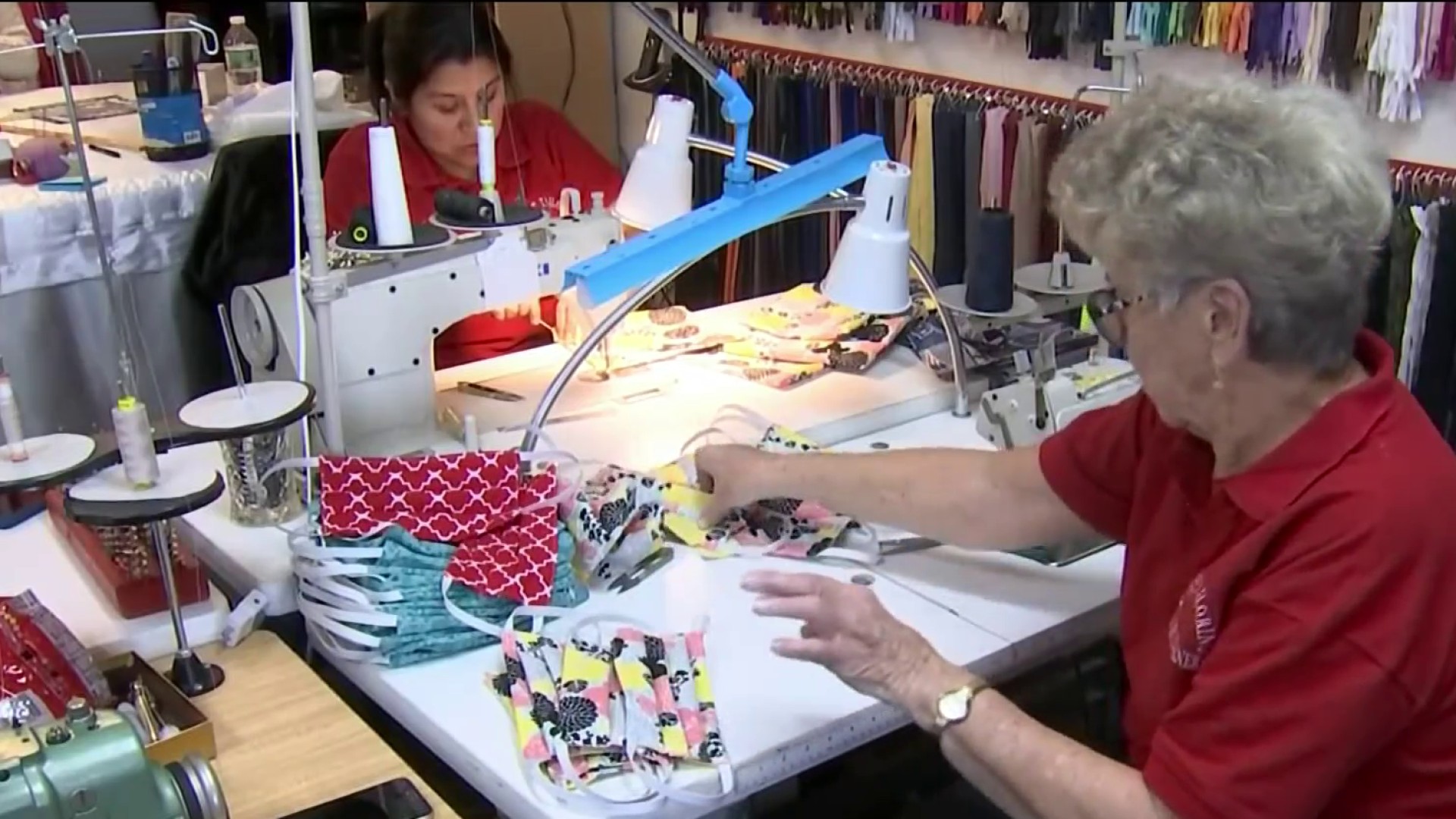The need for supplies is critical at hospitals across the country as the coronavirus outbreak intensifies. Now, one of the top hospitals in Massachusetts is using state-of-the-art technology to make their own N95 masks and face shields.
It has been a 24/7 job for the team based out of Massachusetts General Hospital as they look for solutions to a supply problem.
"I wouldn't say it's a team effort," said Dr. Marc Succi, director of The MESH Incubator at MGH. "It's an everyone effort."
As cases of COVID-19 rise in New England, the strain on medical supplies is getting tighter.
"I have friends and I'm not going to let them go in and see possible COVID patients without the proper protection," said Succi.
Coronavirus Coverage
Last week, Dr. Peter Slavin, the president of MGH, called for 3D printing of masks to help hospitals as supplies run low.
Succi said they are running low on face shields, and on Sunday, they started printing 3D versions of them.
They have been relatively easy to make with a piece of clear plastic over the face to protect from splatter procedures, including intubation.
They are not being used in the hospital right now.
"All of this stuff we are doing...is a last resort," said Succi. "It's not being used right now. It's in case we get to the absolute worst situation between shipments of face masks and face shields from the vendors."
According to Succi, the shields they are making would be disposable.
They are finding issues with 3D printing of N95 masks, including that they can't be easily sterilized and they aren't fitting faces correctly, which can lead to air leaking in.
"The N95 replacements that everybody is interested in, I think, are a challenge from either a disposal or reusable perspective," said Mark Ottensmeyer, senior engineer at MGH Medical Device & Simulation Lab. "You've either got to sterilize it or throw it away creating a new waste stream."
When asked if they are going down a path of 3D printing being used in hospital settings, Ottensmeyer said "that's an unquestionable yes."
He added he was turning on his printer after his interview with NBC10 Boston to try the face shield designs they are looking at.
In the coming days, there is going to be a town hall meeting to see what the needs are, what the capabilities are, and how to move forward.
"There's a lot of people in particular who have expressed a lot of interest in helping researchers and many people in the community and we are really thankful for all of their incredible outpouring of support," said Dr. Gary Tearney of Tearney Lab who is working on the project.
According to Tearney, they have been getting hundreds and hundreds of emails from people looking to help.
"One of the problems is there are a lot of good interesting designs out there and there may be other designs that don't work," said Tearney. "The challenge is, really, trying to figure out what are the designs that are viable in terms of producing something that can be used in a clinical environment and also produced as rapidly as possible."
According to Succi, other projects the team is looking at include 3D printing frames of masks and then using large sheets of various filter sizes to create backup masks.
Another is "hybrid sewn masks," where sewn masks would be augmented with N95 filters.
Once designs are complete and approved by the hospital's leadership team, Succi said they will go public on a website so other creators can get to work.




